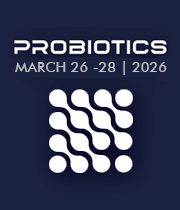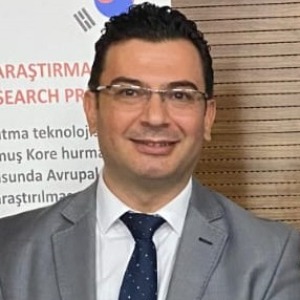Title : Potential use and benefits of prebiotic rich medicinal plants and mushrooms in honey bee feeding
Abstract:
In the literature, it has been reported that some medicinal plants or mushrooms can be thought of as prebiotics source and their uses can help to strengthen the immune and regulate the reduction systems of honey bees. They can also increase the productivity of honey bees. So that this study aimed to present the possible benefits of medicinal plants and mushrooms rich in prebiotics for honey bee feeding. Extracting a certain prebiotic from plants and using it to feed honey bees can cause high costs. The use of extract or ground herbs rich in prebiotics seems to be more reasonable. It is also thought that more beneficial effects can be seen on honey bees with a synergistic effect thanks to the phenolic component, other polysaccharides, and other specific components other than the prebiotic content of plants mushrooms. The presence of pesticides and veterinary drug residues in bee products and other primary food production, especially honey, is an important risk. In recent years, it has become popular to use natural methods in the production of bee products, as in all food production. In this way, consumers can buy food products way more safely. It is thought that less disease and less need for spraying can be an important gain for honey bees that are supported by natural methods in terms of health. Only a few types of prebiotics have been reported such as β-glucans, inulin, lactulose, polydextrose, galactooligosaccharides, fructooligosaccharides, soybean oligosaccharides, and iso-maltooligosaccharides. Prebiotics are found in different plant and mushroom sources (chicory, asparagus, chia seeds, dandelion greens, garlic, artichoke, oats, shiitake, reishi, and oyster mushrooms, etc.). There is a big interest to find new prebiotics with more health benefits and/or lower costs. Medicinal plants, medicinal mushrooms, and edible mushrooms are seen as special and new prebiotic sources. It is reported that prebiotics can indirectly inhibit pathogenic microorganisms by promoting the development of probiotic microorganisms. In addition, it can show protective effects on honey bees by supporting the immune system against negative environmental factors. In some studies, it has been stated that probiotic bacteria can protect honey bees from diseases thanks to their antagonistic activity against a wide range of pathogenic microorganisms. These reports lead to the idea that prebiotics can be used in veterinary medicine applications and to strengthen the immunity of bees. The use of plants or mushrooms as a source of prebiotics supports natural beekeeping activities. In this way, it will be able to contribute to environmental and sustainable beekeeping and agriculture, as well as consumers' expectations of natural honey production.
Audience Take Away:
- Potential uses and benefits of medicinal plant and mushroom prebiotics for honey bee feeding.
- Beekeepers, bee products (honey, propolis, pollen etc) traders and consumers can be learn some information to be used.
- Veterinary, agriculture, beekeeper, and prebiotic/probiotic scientist can use ideas in this study.
- Natural prebiotic sources can be used in bee keeper sector. Bee product traders and salesman can use these ideas for futuristic marketing tool tools.




